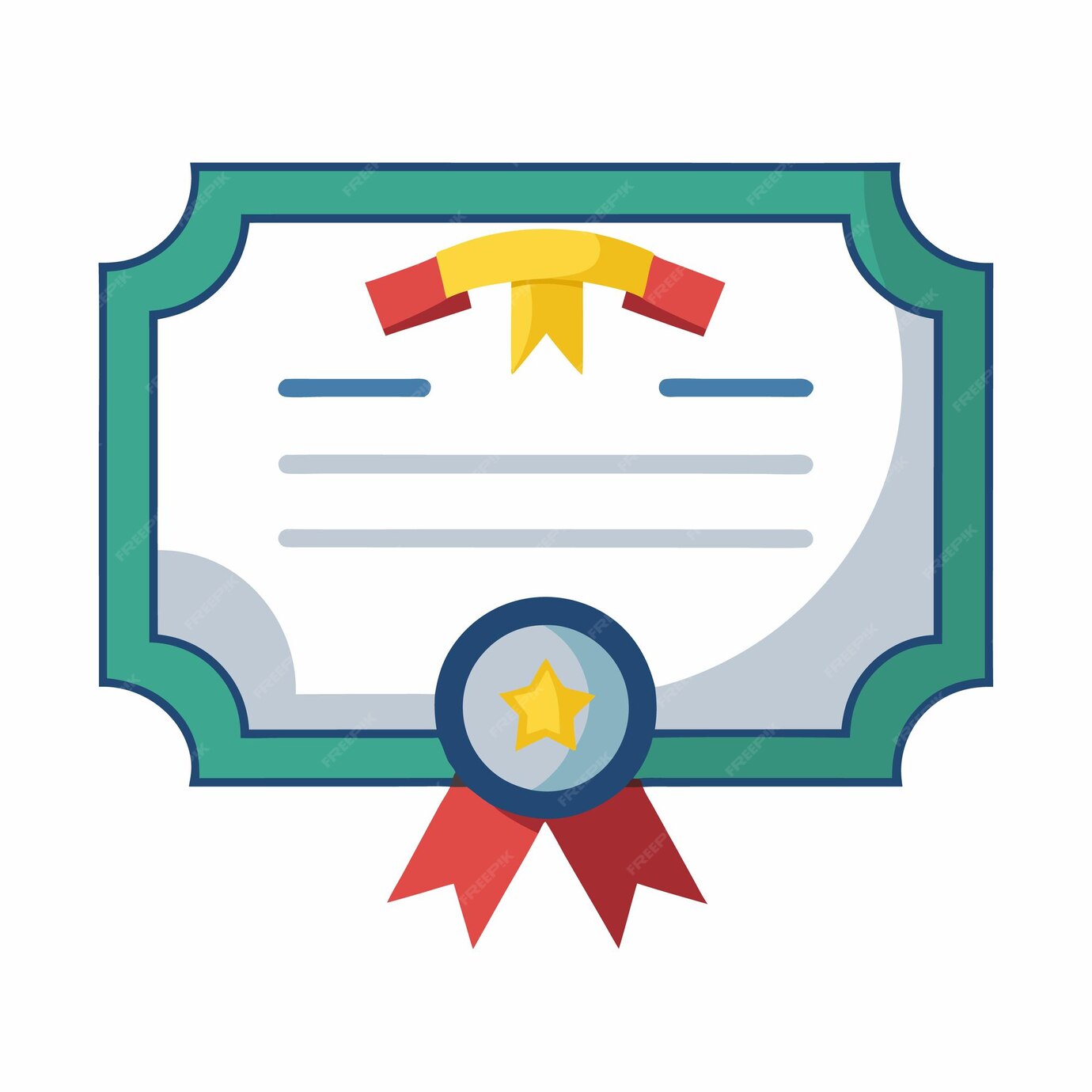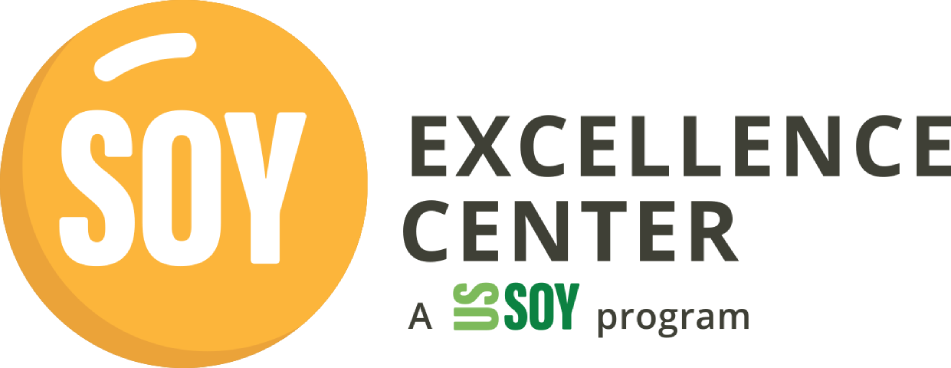
Aquaculture Certifications: Voluntary Standards for Market Trust and Best Practices
Certifications are voluntary programs that assess aquaculture operations against high standards of sustainability, animal welfare, and social responsibility. While not legally required, certifications often go beyond basic regulations, offering added value to consumers and stakeholders. This topic will explain how certifications build market credibility, open new trade opportunities, and drive continual improvement within the aquaculture sector.
Instructor Bio

S. Santhana Krishnan is a Marine Biologists by Educational Qualification and practicing Aquaculture Consultant last 35 years.
He has established various National and International Aquaculture Projects including processing and market access. Have also been involved in various Aquaculture Farm, Hatchery, Processing and Feed Mill Certifications, implementation of regulatory compliances, Market requirements, Aquaculture value chain creation etc., Additionally, Santhana Krishnan is a Seafood Safety HACCP Auditor and trained BAP Auditor for implementation of Food Safety Programs and Aquaculture Certification.
He is an advisor for various National and International Aquaculture Associations, Academic Institutions, Government Institutions etc., on Policy Regulation, Legal Matters, Local Governance etc.,. Have worked in more than 17 countries and has wide experience with many aquaculture species.
Current professional expertise is on building Aquaculture Value Chain for better market access of primarily farmed Fish and Shrimp, Training establishments in Aquaculture Certifications & Regulatory Compliances, Aquaculture Start-ups consultancy and Mentoring, Aquaculture Biosecurity & Sustainability Programs, Master plan for Large scale Sustainable Aquaculture Projects and Certification Programs and Integrated Mangrove Aquaculture program.

